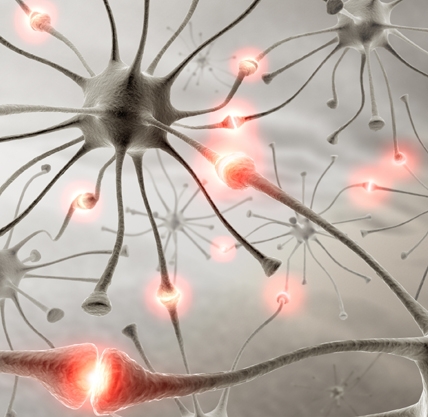
Concussions can cause neuropsychological symptoms, affecting memory, attention, and other aspects of cognition. The most common cognitive symptoms reported by patients or family members are problems with memory, attention, and processing speed (slowed thinking). Patients occasionally have insight into such changes, but it's frequently beneficial to ask their loved ones to get an independent perspective on how the patient has changed after the injury.
Though the majority of individuals will recover from the direct effects of concussion/mTBI within three months of injury (with many showing full recovery within days of the injury), some continue to have symptoms beyond three months. The symptoms for most of these people tend to vary in intensity and type over time, showing a waxing and waning pattern that is not typical of permanent injury to the brain.
In these instances, complaints of forgetfulness, poor attention, and slowed thinking may be due to other complicating conditions that developed at or around the time of injury (sleep disorders, for example). Treating these residual symptoms may help resolve the neuropsychological issues.
